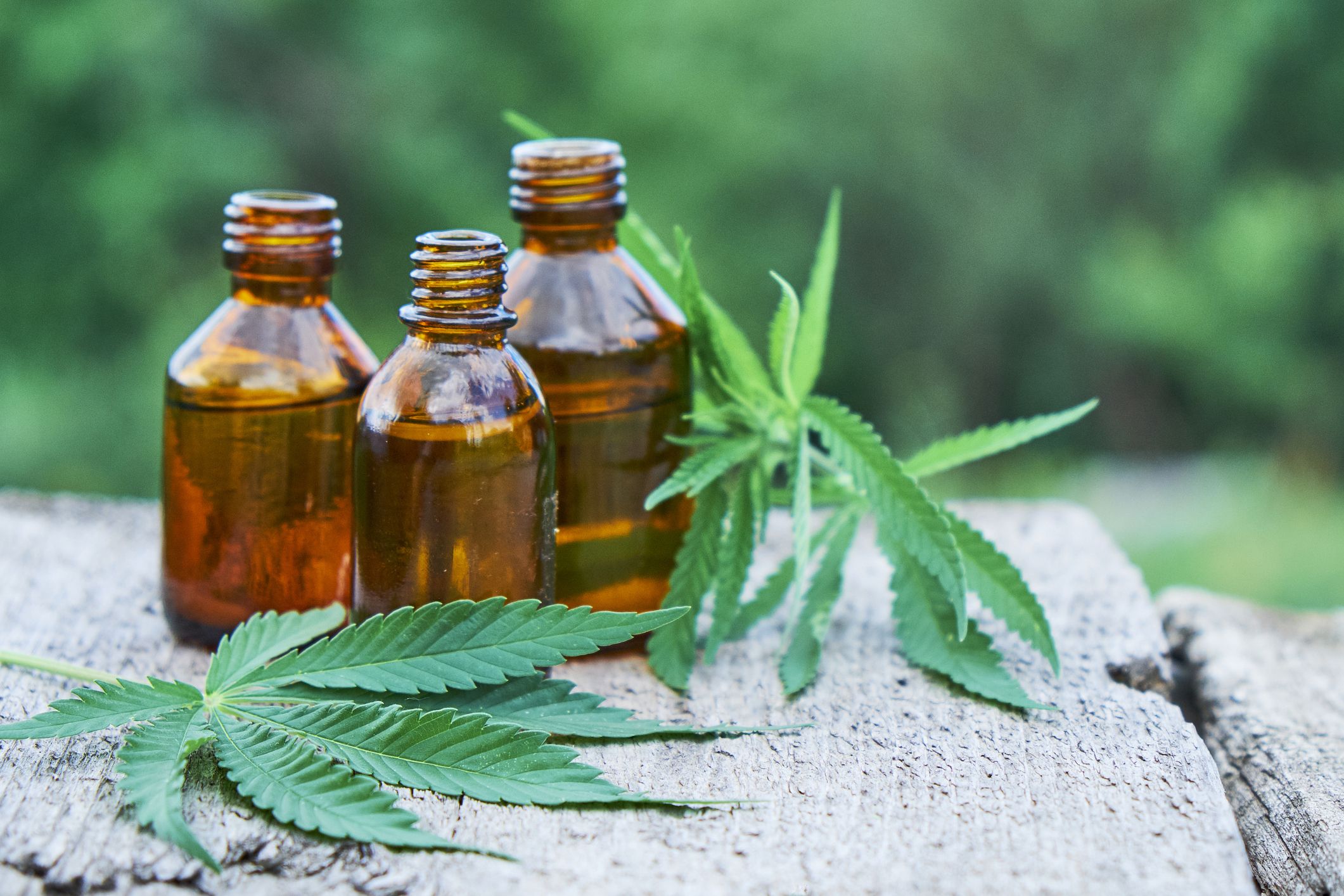
Rick Simpson Oil: Unraveling the Miracle of Cannabis Oil for Healing and Wellness
In the world of alternative medicine and holistic health, few substances have garnered as much attention and acclaim as Rick Simpson Oil (RSO). Named after its creator, Rick Simpson, this cannabis oil has earned a reputation for its potential healing properties. In this blog post, we'll dive deep into the world of RSO, exploring its origins, the science behind it, and its potential benefits for healing and wellness.
The Genesis of Rick Simpson Oil
Rick Simpson, a Canadian engineer, became a household name in the cannabis community when he claimed that cannabis oil, which he later named Rick Simpson Oil (RSO), had cured his skin cancer. His journey began in 2003 when he was diagnosed with basal cell carcinoma, a type of skin cancer. Unsatisfied with conventional treatments, Simpson decided to take matters into his own hands.
Homemade Cure
Simpson began experimenting with cannabis oil, creating his unique extraction method. He applied the oil directly to his skin cancer lesions, covered them with bandages, and observed remarkable improvements. Over time, the cancerous growths reportedly disappeared.
Spreading the Word
Impressed by his results, Rick Simpson started sharing his experiences and advocating for the use of RSO in treating various ailments, from cancer to chronic pain. His passionate advocacy led to the popularization of RSO in the cannabis wellness community.
The Science Behind RSO
While Rick Simpson's claims about the healing power of RSO gained widespread attention, it's essential to understand the scientific basis for its potential efficacy.
Cannabis Compounds
Cannabis plants contain a multitude of compounds, including cannabinoids like THC and CBD. The psychoactive ingredient in cannabis that gives users a "high" is called delta-9-tetrahydrocannabinol, or THC.
The Entourage Effect
RSO is often made from cannabis strains with high levels of THC. Some researchers believe that the combination of various compounds found in cannabis, known as the entourage effect, may enhance the therapeutic potential of the plant. This suggests that RSO's effectiveness may be influenced by the interaction of these compounds.
Limited Research
While there is anecdotal evidence and some preclinical studies supporting the potential therapeutic benefits of RSO, there is a lack of large-scale, clinical research to definitively confirm its effectiveness for specific medical conditions.
Potential Benefits of RSO
Despite the limited scientific research, individuals have reported a wide range of potential benefits from using RSO.
- Pain Management: RSO is frequently used for pain relief, including chronic pain associated with conditions like arthritis and multiple sclerosis.
- Sleep Improvement: Some users have reported better sleep quality when using RSO, making it a potential remedy for insomnia.
- Tension and Sadness: Although not a first-line treatment for mental health conditions, some users have found RSO to be helpful in managing symptoms of tension and sadness.
- Anti-Smarting: RSO may have anti-inflammatory properties that can benefit individuals with smarting conditions.
Caution and Considerations
Before considering the use of RSO, there are crucial points to keep in mind:
- Consult a Healthcare Professional: If you're interested in using RSO for a specific medical condition, consult with a healthcare professional. They are able to monitor your development and offer suggestions.
- Legality: The legal status of RSO varies by location. In some places, it may be illegal or available only to registered medical cannabis patients.
- Dosing: Proper dosing is essential when using RSO. Minimizing possible side effects can be achieved by gradually raising the dose from a modest starting point.
- Psychoactive Effects: RSO is typically high in THC, which can produce psychoactive effects. Be aware of this and choose an appropriate dosage.
- Quality Matters: Ensure that you obtain RSO from a reputable source to ensure purity and quality.
Making Your Own RSO
For those who prefer a DIY approach, making RSO at home is possible but requires caution and proper equipment. This is a condensed synopsis of the procedure:
Ingredients:
High-THC cannabis flower or trim
Grain alcohol (e.g., ethanol or isopropyl alcohol)
Solvent-safe container
Rice cooker or slow cooker
Coffee filters
Syringes for dosing
Steps:
Decarboxylation: Bake the cannabis in an oven to activate the cannabinoids.
Extraction: Soak the decarboxylated cannabis in alcohol to extract the cannabinoids.
Evaporation: Heat the alcohol-cannabis mixture in a well-ventilated area until most of the solvent evaporates.
Filtering: Filter the remaining liquid to remove plant material.
Storage: Store the finished RSO in a cool, dark place in syringes for precise dosing.
Final Thoughts
Rick Simpson Oil, born from one man's quest for an alternative medical treatment, has evolved into a subject of interest for many seeking natural remedies for various ailments. While its potential benefits are celebrated by numerous individuals, it's essential to approach RSO with caution, consult healthcare professionals, and consider the legal and regulatory aspects in your region. The science behind RSO continues to develop, and as further research emerges, we may gain a more comprehensive understanding of its potential role in healing and wellness. In the meantime, for those exploring the world of holistic health, RSO remains a fascinating and evolving chapter in the story of alternative medicine.


